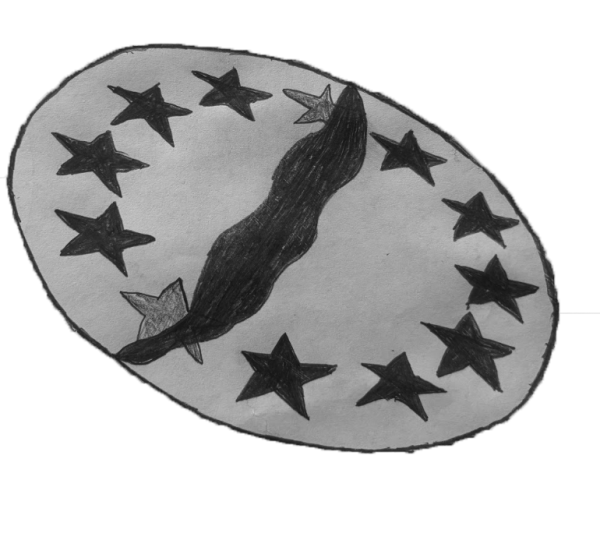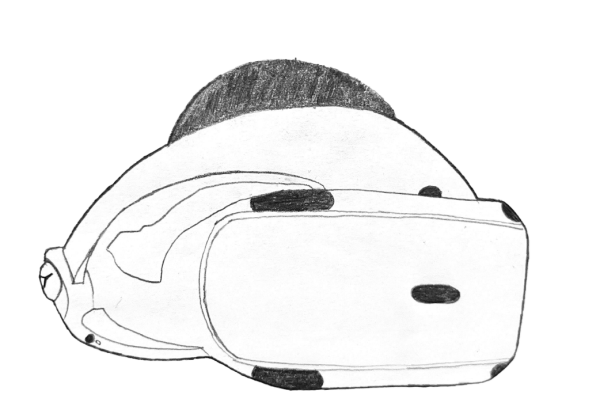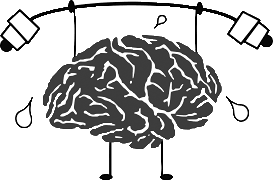Athletes under attack
The toxic culture around sports injury.
The discussion around athletes and injury is one that occurs time and time again. And I want to know: why are athletes continuing to push themselves to the point of severe injury? Some may say that it is the fault of the athlete who is not mindful enough of their own limits. This is not necessarily untrue, but it extends beyond pure competitiveness.
There is a problem in the world of sports. But there is no simple origin point. I would argue that it isn’t coaches wanting the absolute best from their athletes, or players going above and beyond for that starting spot. Like most widespread issues, the root of the problem is institutional. It may seem as though the NFL said all the right things in response to Damar Hamlin’s collapse. But it has been reported that there was initially a strong push to continue the game, and the Bills’ refusal to play was what stopped it. Skip Bayless, a well known sports commentator, was met with backlash for his comments following the incident. “No doubt the NFL is considering postponing the rest of this game–but how? This late in the season, a game of this magnitude is crucial to the regular-season outcome … which suddenly seems so irrelevant.” Bayless wrote on twitter. It is important to note that Bayless’s comments were swiftly condemned. He has not since retracted the statement.
Damar Hamlin’s recent cardiac arrest has emphasized the fact that critical injury can happen at any moment, especially in football. And it is an athletics-wide culture that urges athletes to push themselves to the point of mental and physical exhaustion. A famous quote by Vince Lombardi reads, “Winners never quit and quitters never win.” There is no doubt in my mind that this quote had zero intentions of causing harm. I believe that it exemplifies the greater issue that athletes wanting to better themselves face. Enough never seems to be enough, and athletes cannot escape demanding expectations from their respective leagues, monetary incentives, and pressure from media.
Back during the 2021 Tokyo Olympics, Simone Biles faced an injury of a different kind. Where Hamlin experienced physical injury, Biles experienced mental health risks that also threatened her physical safety. Shortly after Biles’ withdrawal, a Twitter user wrote, “With someone that battles anxiety and depression happy with what you did because it brings more light to mental health, however im saddened Bc we needed you. You made this decision out of nowhere it seems.” Along with this, Charlie Kirk, a famous conservative activist, went as far as to call her a “selfish sociopath” and a “shame to the country.” What these, notably extreme, reactions represent is a culture-wide sentiment of entitlement that high-level athletes owe exciting performances to viewers at the expense of their own well being.
So what am I getting at? For starters, as consumers of sports entertainment and members of the athletic world, we need to take a step back. Skip Bayless was condemned for saying out loud the exact sentiment that many others silently share. We need to stop fostering a space in the world of sports where the idea of putting athletics before the athletes can be promoted further, lest someone is injured or killed.
Avalon is a passionate 18 year-old senior and has been writing for the Messenger since January of 2021. When not at school or volleyball practice, you...








